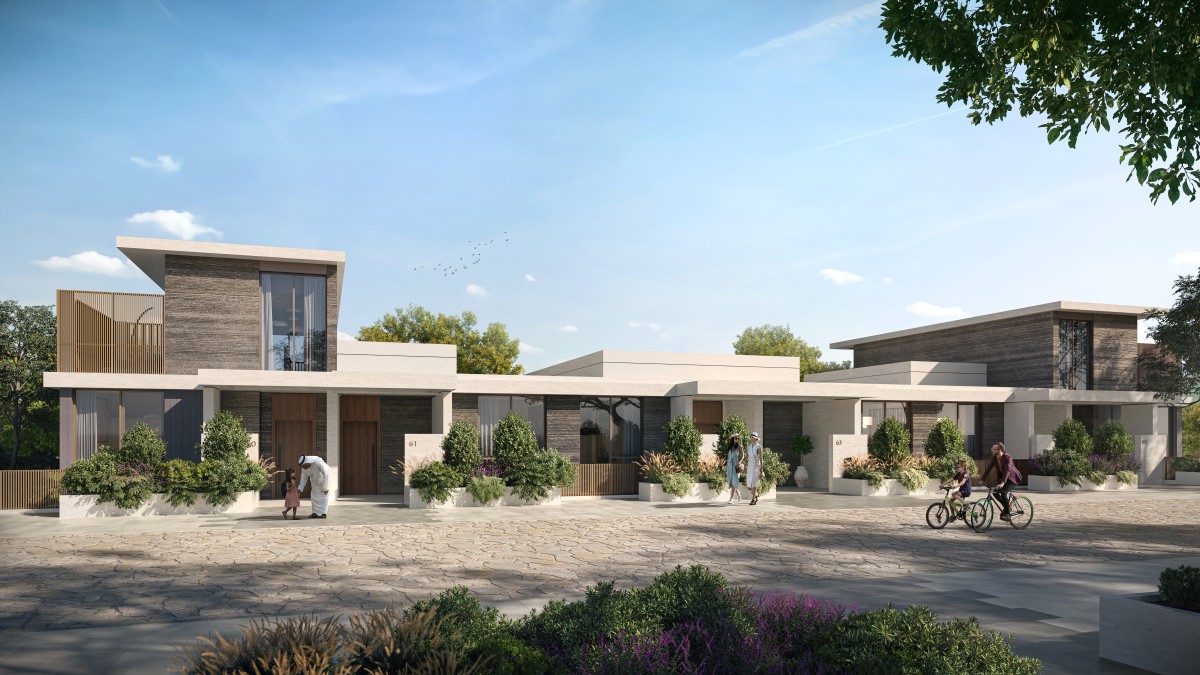DUBAI, UAE — The Dubai real estate market has been thriving in recent years, and this upward trajectory is anticipated to persist. A standout trend in this market is the surge in cash purchases.
In the third quarter of 2023, cash transactions made up 81 percent of all real estate sales in Dubai, a jump from 70 percent in the same period the previous year.
Several factors contribute to this uptick in cash purchases. One significant factor is the influx of affluent investors drawn to Dubai due to its robust economic growth, tax-free benefits, and opulent lifestyle.
Additionally, as interest rates climb in many global regions, investors are scouting for alternative investment avenues like real estate.
Thomas Mathew, VP at Kamco Invest, notes that historically, cash purchases have dominated the Dubai real estate scene for several reasons:
Also Read Russian and Asian millionaires drive Dubai realty boom
Expat investors, predominantly from India, along with Chinese investors pre-COVID-19, and Russians during the pandemic, often bypassed UAE mortgages.
Previously, banks would only lend when project completion hit 80 percent, a threshold now lowered to 50 percent. This meant off-plan buyers had limited credit options.
Developers often offer discounts for off-plan cash payments. “In essence, the dominance of investors over end-users, off-plan constraints, and the limited and less attractive financing options are the primary drivers,” Mathew told TRENDS.
Faisal Durrani, Partner and Head of Research at Knight Frank MENA, concurs, noting that cash purchases in Dubai’s residential sector have consistently hovered around 80 percent.
“This doesn’t signify reduced bank lending but underscores the vast amount of international capital targeting Dubai’s residential sector. This is evident in the 49 percent annual growth in prime values in Dubai’s elite neighborhoods like Palm Jumeirah, Emirates Hills, and Jumeirah Bay Island – the highest global growth rate for any prime residential market,” he said.

The increase in cash purchases, on the other hand, has several implications for the Dubai real estate market.
First, it indicates a strong demand for property in Dubai, even among investors who can afford to pay cash. This strong demand is likely to continue to drive up property prices soon.
Second, the rise in cash purchases suggests that investors are confident in the Dubai real estate market. They are willing to invest large sums of money in the city without the need for financing. This investor’s confidence is a positive sign for the market and will likely attract even more investment.
Third, the rise in cash purchases could make it more difficult for first-time homebuyers to enter the market. With investors competing for properties and driving up prices, it can be difficult for first-time buyers to afford to compete.
Durrani highlighted that during the lead-up to the great financial crisis in 2008-09, the volume of cash purchases by total value was around 51 percent, so the current rates are the highest the market has ever seen.
“While this might insulate the market from rising interest rates to some extent, this data reflects the initial transaction point. Some buyers might seek refinancing later. Undoubtedly, households with variable-rate mortgages have felt the pinch of their rising commitments over the past two years,” he added.








